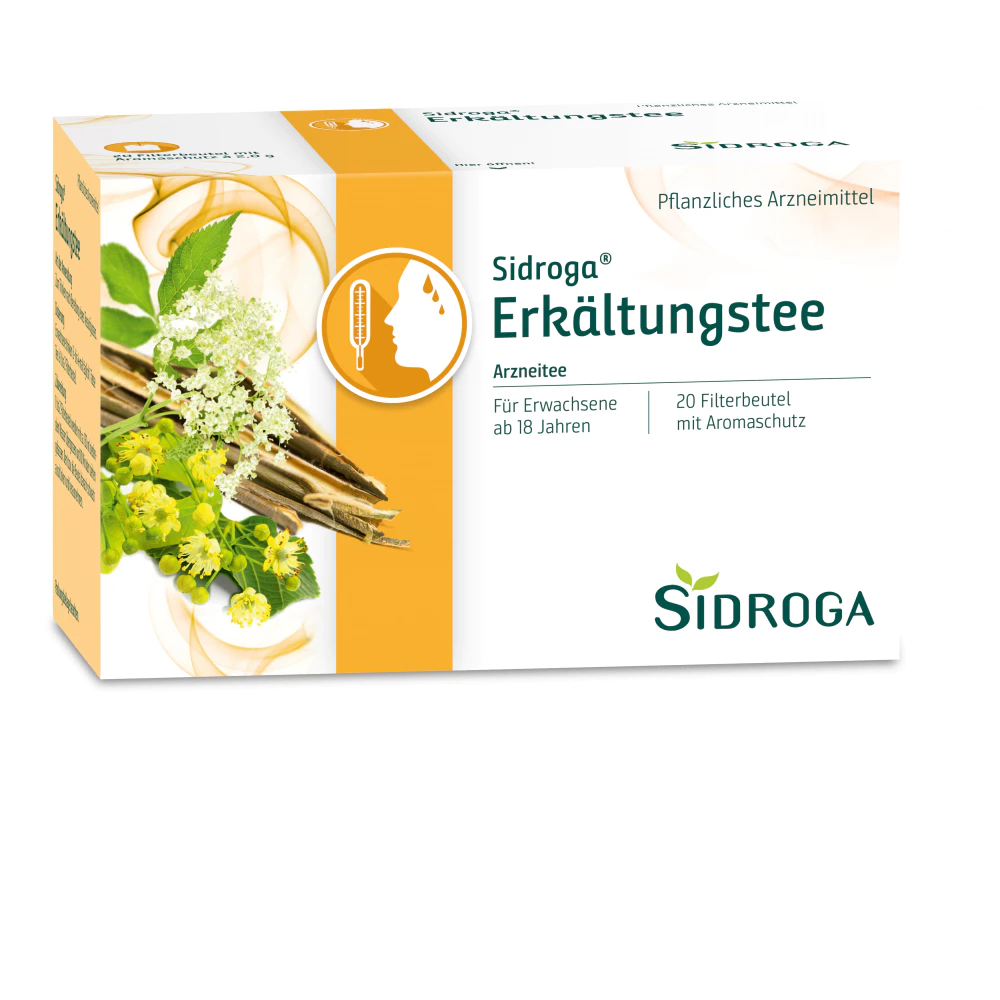When You Have a Cold
You should drink plenty of caffeine-free drinks to stay hydrated. A cup of hot tea is a good option since it helps relieve a sore throat and clear congestion. Sipping a hot beverage is also quite pleasant when you’re feeling ill.
Research has not identified a specific tea that clears up the common cold, but certain herbal tea components have shown potential in alleviating respiratory infection symptoms. This article delves into the research on different kinds of teas that you might try at home to treat the common cold.
Lemon Tea
Drinking lemon tea, or squeezing lemon into another kind of herbal tea, has been a popular home cure for decades. Despite its popularity, the majority of evidence supporting the use of lemon tea to treat sore throats is anecdotal.
However, lemons are citrus fruits, which means they contain vitamin C. Vitamin C is an essential component for your body while combating a cold or virus.
Elderberry Tea
Elderberry is a dark purple berry native to Europe. Many individuals feel that elderberry extract might help them recover faster from diseases like the flu and the common cold. Some studies support the usage of elderberry.
The most prevalent kind of elderberry, black elder, has been shown to contain antiviral and antibacterial effects. Several studies have demonstrated that elderberry is useful in shortening the duration of the flu, but there have been no particular studies on the use of elderberry tea to treat colds.
Echinacea Tea
Echinacea is a common herb derived from the purple coneflower. There is a lot of contradicting evidence about the impact of echinacea tea on colds. According to certain research, echinacea boosts immunological activity, which reduces the duration of bacterial and viral illnesses. Echinacea, like green tea, has significant levels of antioxidants.
A tiny study from 2000 found that consuming echinacea tea might shorten the duration of upper respiratory diseases and the flu. However, at least one assessment states that the health advantages of echinacea have yet to be demonstrated.
Green Tea
Green tea is popular across the globe due to its many supposed health advantages. A review of the medical literature on green tea highlights its strong antioxidant content. This antioxidant activity helps to protect your body when it is under assault from external causes or an invading virus. Researchers determined that green tea boosts the immune system while also encouraging a healthy metabolism.
More study is required on the relationship between green tea and colds. While green tea may provide an energy boost as your body fights a cold, we don’t know enough to determine if it will lessen the length of the cold.
Herbal Tea with Honey
Herbal teas may be created with dried fruits, spices, or herbs. Herbal teas are inherently decaffeinated, so they do not dehydrate you. They usually have a sweet taste and a calming smell. They taste very delicious with a natural sweetener, such as honey. Chamomile tea and peppermint tea have long been popular among individuals recuperating from the common cold. Remember that chamomile tea is not suggested if you are pregnant.
Honey may help suppress a cough caused by the common cold. In fact, honey is currently suggested as a cough suppressant for children over the age of one. This is owing to a tiny study that found honey to be more effective than a placebo for children with acute upper respiratory infections.
A little honey mixed into your favourite herbal tea might help release phlegm, reduce discomfort and stiffness, and suppress a cough.
Sidroga® Cold Tea: Traditional Herbal Remedy

For a traditional approach to easing feverish cold symptoms, consider Sidroga® Cold Tea. With active ingredients such as elderflowers (700 mg), willow bark (600 mg), and linden blossoms (500 mg), this medicinal tea offers a trusted herbal solution. Free from added flavours and sugars, it provides a natural option for adults over 18.
To purchase Sidroga® Cold Tea, visit Sidroga® Herbal Tea on Shopee.
Other Homemade Cures
There are several additional home treatments you may use when recovering from a cold or sore throat:
- Even if you don’t have a cold, staying hydrated is vital for your health. Drink 8 to 10 glasses of water or other non-caffeinated fluids when resting and recovering from the common cold.
- Zinc pills may help you feel better faster, particularly if you take them within 24 hours after experiencing symptoms.
- Acetaminophen and ibuprofen are two over-the-counter drugs that may help relieve cold-related headaches, aching joints, and fever.
- Keep cough medicines and throat lozenges ready. These aid by encouraging your mouth to produce saliva, which keeps your throat moist and relieves pain.
When to See a Doctor
A cold may take some time to clear up. The majority of colds are caused by viruses, so your doctor can only prescribe you over-the-counter symptom treatment.
However, if your cold symptoms last more than three weeks or worsen after ten days, consult your doctor. A persistent cold may indicate a bacterial infection requiring medical care.
Symptoms to Watch For:
- Pressure or soreness in the forehead, as well as coloured nasal discharge (brown, green, or bloody).
- Fever of 101 degrees or higher that lasts longer than 24 hours.
- Sweating, shaking, or chilling.
- Trouble swallowing, a harsh barking cough, and difficulty breathing.
The Bottom Line
There is no scientific evidence to suggest that one sort of tea is better than another for colds. However, sipping herbal tea while you’re feeling under the weather is generally advisable.
Staying hydrated with plenty of decaffeinated beverages might aid your recovery. Simply breathing the steam from a warm beverage in your hand may help relieve congestion and make you feel more relaxed.
Leave a Reply